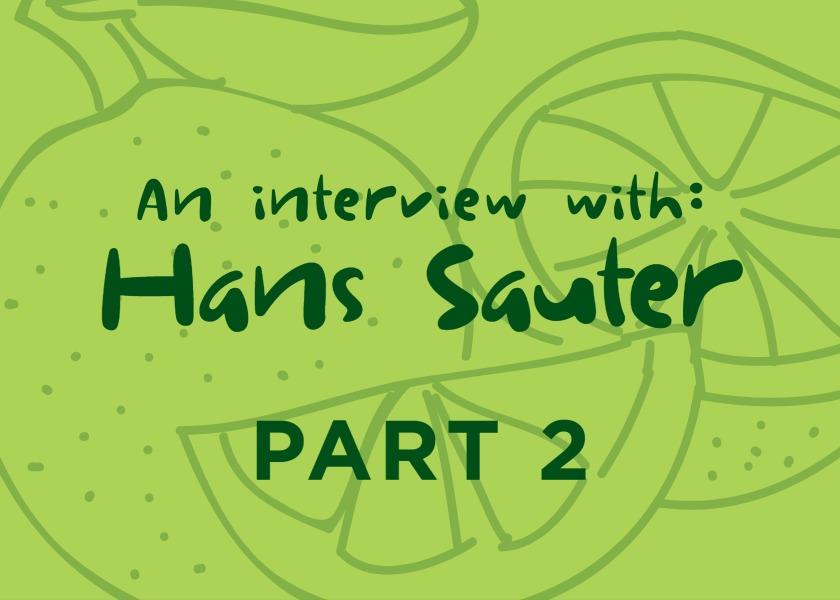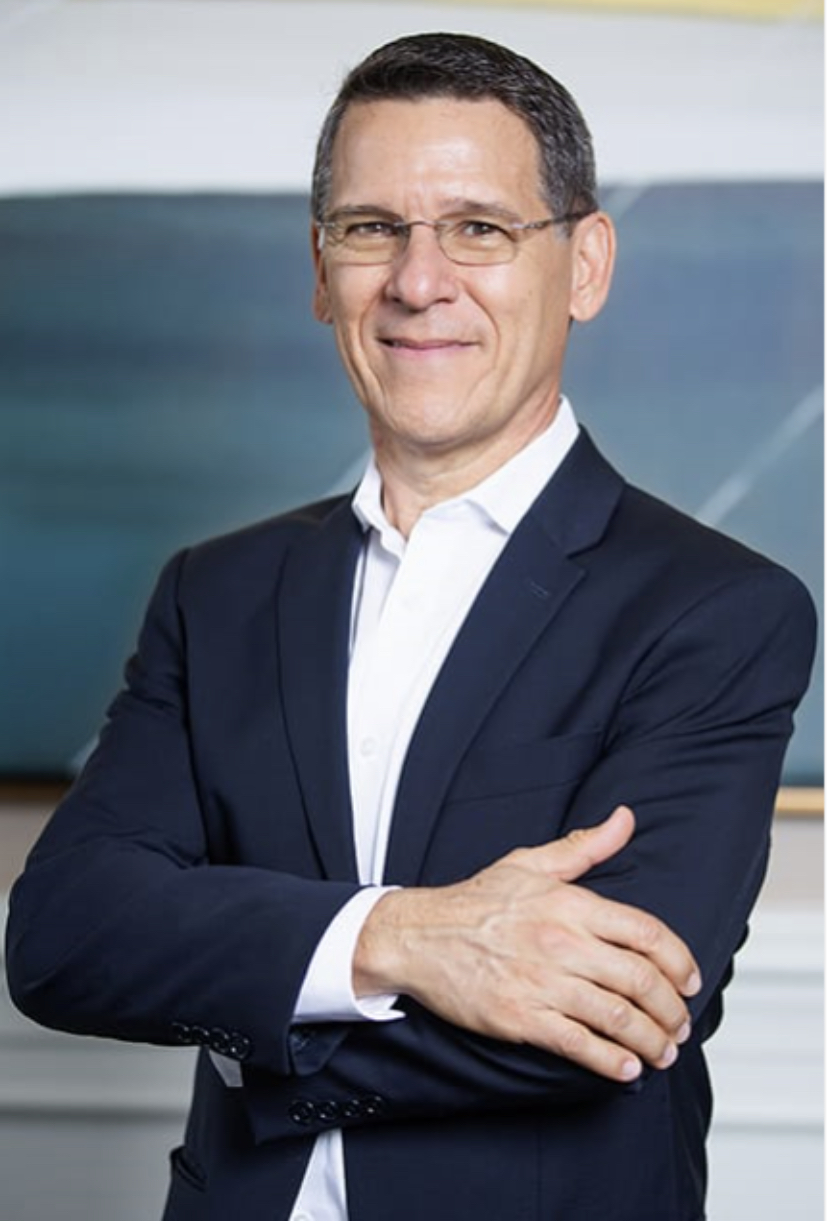Fresh perspectives: Hans Sauter Part 2

The Packer’s Tom Karst recently interviewed Hans Sauter, chief sustainability officer and senior vice president of research and development at Fresh Del Monte. With Fresh Del Monte operations and distribution in more than 90 countries, Sauter, a 33-year veteran of the company, has a global perspective on sustainability efforts. Sauter and Karst discussed the evolution of sustainability issues and progress the multinational marketer is making.

Q: Do you think that the work that you’re doing is precompetitive in the sense you can share a little bit about your gains and kind of how you’re doing things, and maybe that’ll help some other operators?

A: It’s definitely precompetitive. No question. We were doing it without necessarily getting a penny more for our produce. But we believe is the right thing to do. And we hope that our customers and consumers appreciate it. But we definitely believe it’s the right thing to do.
Q: When you think about sustainable packaging, what strikes you about what you’re trying to accomplish there? You talk about reducing virgin plastic usage, doubling the recycled content, some really positive steps.
A: It’s definitely one of the most complex set of goals that we have set for our organization. Because it’s not something that we can drive without involving our consumers and our customers, right? Because at the end of the day, you can come up with a best packaging solution. If your customers don’t like it, or it’s not convenient for them, you’re not going to be able to roll it out. And so, we have, prior to setting those goals, we have engaged with the Canadian Produce Marketing Association, which has been very active in this area of trying to reduce plastic and trying to understand how to go about this now. At the end of the day, we can go only as fast as the market can go.
But there are those areas where we saw an early opportunity, especially in paper-based packaging. Almost 70% of our packaging is paper based; we started very early to reduce amount of paper, tried to incorporate more recycled material, in order to create a circular economy, and then in those areas where we can reuse, like RPCs (returnable plastic containers). We’re using almost 14 million RPCs globally, and basically 80% of our pallets are part of a pool that is reused. So, whatever we could address alone we did early on, but now we’re having to also address consumer-facing packaging, and there are big challenges.
Plastic and packaging serve a purpose in reducing food waste. And food waste in itself is 8% of the greenhouse gas emissions globally.
If you reduce packaging, you will reduce shelf life, you will increase food waste. So, there is a balance to be struck here, and it’s not an easy equation. It involves bringing in technology and there has to be also the economies of scale to justify those investments. But we’re very positive about the direction things are taken and the increased visibility of this topic. So we believe we will be successful.
Q: Everything that we know now about sustainability is that it’s not a buzzword, that it’s not just going to be a trend for five years and go away. This is going to be a long-term commitment, isn’t it, on the part of everyone that takes it up?
A: Definitely. I mean, it is already part of doing business. It’s not about certifications. I mean, all of that is nice to have because it helps you tell the story. But unless you understand that doing business involves being sustainable and having programs to address those areas that keep you from being sustainable. It needs to be an everyday part of business.
Q: You mentioned third party certifications. I know there’s so many groups out there. How do you go through the process of knowing who would be good to partner with to help you measure sustainability?
A: We use almost every organization out there. We believe nobody has the final truth. There are differences among the different organizations, but we believe it’s important to be engaged with those that are available today and the market feels are relevant. Now, it’s not only about engaging with certification agencies, but it is also important to engage with organizations that are there to support your work to elevate sustainability. And that’s why we partnered with the German Corporation for International Cooperation, at the beginning of this year, to bring in some of their knowledge to take our sustainability programs one step further, not just at the farm level, but at the community level, at the landscape level.
Because you can only impact so much of, say, a watershed, the neighbors around need to also be aware of what the impacts of deforestation are, and they need to engage. Otherwise, you’re going to be trying to plant in a desert. It needs to be a community program. And that’s what we’re learning with the German Corporation for International Cooperation.
Q: When you look at your to-do list, your agenda, what’s the next thing when it comes to sustainability for Fresh Del Monte?
A: Well, definitely launching these programs are going to take us farther into this journey, starting with Science Based Targets initiative. But definitely we like to see ourselves joined by other companies, not see ourselves as competitors, but actually moving the industry in the right direction, seeing the retailers also supporting farmers to move in that direction. If anything, it’s all about numbers, and the quicker this effort is addressed by a significant part of our industry, the quicker we reach the tipping point and the safer we’re going to be as humanity, addresses this global crisis.
Farmers need support to address all these questions. It doesn’t come for free. We are all investing a lot of money in trying to address these very relevant questions, specifically on climate change. It’s all about education. I think consumers need to understand that their food is being sourced sustainably and that that would go a long way in bringing in more farmers into this course.







